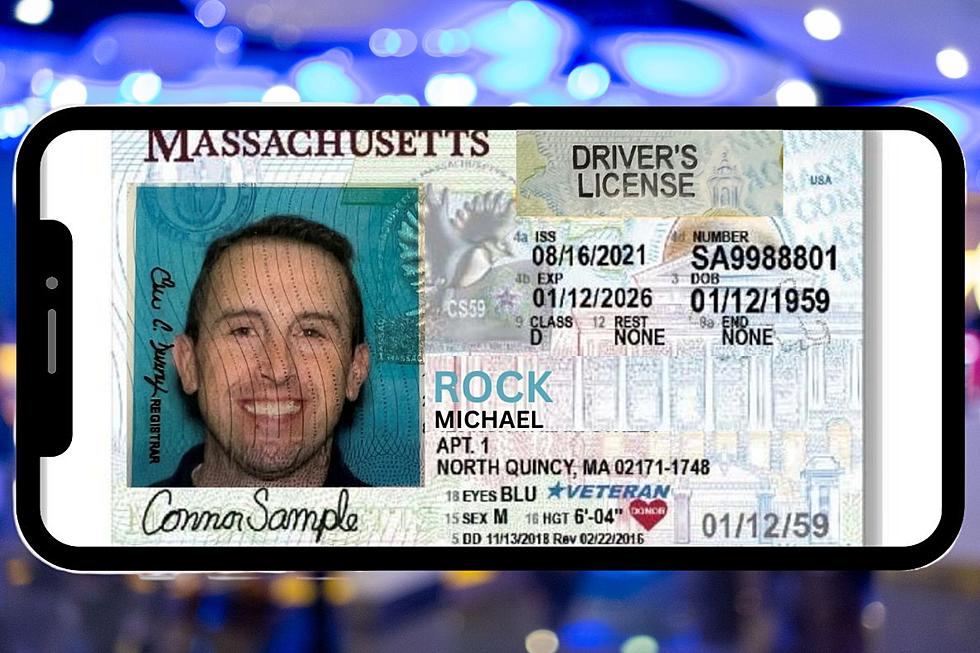OPINION | Chris McCarthy: Removing a Massachusetts Judge is Easy
Judge Timothy Feeley is facing the possibility of being kicked off the bench because of his conduct. The question is of political will, and not the actual facts.
It was the judge's official actions that has brought his judgment into question:
1. He sentenced a Dominican national in the country on a green card and convicted of selling heroin to a light sentence to prevent him from being deported. He is recorded as stating he would have sentenced an American citizen to jail in the same case.
2. He released a man on low bail who then killed a police officer.
3. He released a man charged with the long term sexual abuse of a girl when she was between the ages of 10 and 12 years old. A judge in the same court called the defendant a "serial sexual abuser" and a threat to children, according to the Salem News.
These cases all took place in the last few months.
Massachusetts is a relatively easy state to remove a judge from the courtroom. It rarely happens that a judge is removed in the Commonwealth, but the process is easy to complete if the political will is there on Beacon Hill.
There are three ways to remove a judge:
1. The Commission on Judicial Conduct investigates a complaint and holds a formal hearing if it finds misconduct. The CJC can recommend a punishment, including removal to the state's Supreme Judicial Court.
2. The governor, with the consent of the Governor's Council and a simple majority in the House and Senate, can remove a judge.
3. Judges may be impeached in the House and removed by the Senate, both with simple majorities.
The ease with which a judge can be removed in Massachusetts has long been a discussion in legal circles. It goes back to the power of the British king, and was only slightly modified when included in the Massachusetts State Constitution. The committee that handled the drafting of this section was comprised of John Adams, Sam Adams and John Bowdoin.
Distinguished attorney Louis Frothingham wrote an article about the process in a 1914 addition of the scholarly journal the American Political Science Review, "The Removal of Judges by Legislative Address in Massachusetts."
Frothingham is worth reading on this subject. He graduated from Harvard and was the Speaker of the Massachusetts House of Representatives, Lt. Governor of Massachusetts, and elected to multiple terms as a congressman. He also found time to build a law practice and serve in the Marines during the Spanish American War, and in the Army during the First World War.
He declares with much evidence presented in his piece that the governor and the Governor's Council can remove a judge with an act of the legislature for any and actually for no reason. The power is all there in the Constitution of the Commonwealth.
Frothingham explains that Teddy Roosevelt was a big fan of the ability for poor judges to be removed in Massachusetts. In his Pulitzer Prize-winning biography Colonel Roosevelt, Edmund Morris details how angry President Taft was when Roosevelt praised the Massachusetts model of judicial removal to the Ohio Constitutional Convention in 1910. Taft, a former judge himself, didn't want the people impacting the power and tenure of judges.
What is needed in the case of Judge Feeley is the political will, because the legal process is in place as crafted by John Adams, one of our Founding Fathers and the second President of the United States of America.
Chris McCarthy is the host of The Chris McCarthy Show on 1420 WBSM New Bedford. He can be heard weekdays from 10 a.m. to noon. Contact him at chris.mccarthy@townsquaremedia.com and follow him on Twitter @Chris_topher_Mc. The opinions expressed in this commentary are solely those of the author.
More From WBSM-AM/AM 1420









